Photo: AA
The General Directorate of Security (EGM) has filed a complaint against the head of Türkiye's main opposition party for "spreading disinformation" over his recent accusations against the government over the rampant methamphetamine use in the country.
Filing a petition with the Parliamentary Investigation Bureau of the Ankara Chief Public Prosecutor's Office today (November 3), the directorate also pressed charges of "insult," "slander" and "insulting the Turkish nation and state."
In a Twitter video on October 31, Kemal Kılıçdaroğlu, leader of the Republican People's Party (CHP), held the government responsible for what he called a "methamphetamine epidemic" in the country.
In need of foreign currency inflows due to the economic crisis, the government attracted "drug barons" to the country, which resulted in the booming methamphetamine production and use, he claimed.
"They emptied the Treasury, destroyed the economy. After all the resources were consumed, they started a very dirty game in order to remain in power ... They turned a blind eye to all kinds of black money entering the country," Kılıçdaroğlu remarked.
The 'disinformation law'
With the EGM's lawsuit, Kılıçaroğlu has become the first person facing "disinformation" charges in the country under a law enacted in mid-October.
Those who "disseminate information misleading the public" should be sentenced to up to three years in prison, according to article 29 of the law, which drew widespread criticism from journalism groups and opposition parties.
Kılıçdaroğlu attempted to "create the perception that our organization operates not in accordance with the law but together with certain criminal organizations" and "damage the reputation of our Security Organization and Mr. Interior Minister in the eyes of the public," the EGM said in its complaint.
Following Kılıçdaroğlu's video, the EGM, the General Command of Gendarmerie and Interior Minister Süleyman Soylu had said they would file lawsuits against him.
Celal Çelik, a lawyer for the CHP leader, said the EGM's complaint showed that the criticism against the law was right.
"They have shown that this article of the law will be applied to politicians to restrict freedom of expression," he said. "This step has completely revealed the rightfulness of our arguments."
The methamphetamine debate
President and Justice and Development Party (AKP) Chair Recep Tayyip Erdoğan also threatened legal action against Kılıçdaroğlu over the methamphetamine claims that "crossed all the boundaries."
"Methamphetamine, a chemical drug... I think you know about it very well," he said yesterday (October 2) at his party's parliamentary group meeting. "The entire world is in trouble with this menace. But I know that you are in trouble with that, too. I heard such things."
Denying Kılıçdaroğlu's claim that the government was trying to make up for the current account deficit with "drug revenues," Erdoğan said, "We will hold him accountable before the law."
The opposition leader made another statement about the issue late yesterday, repeating his claims.
Noting that Tükiye was greylisted last year by a global anti-money laundering watchdog, Kılıçdaroğlu wrote, "I'm calling out to the drug barons: Leave our cities. We'll chase you after winning the election."
The amount of methamphetamine seized by the police in Türkiye rose by over five times from 2019 to 2021, according to the Counter Narcotics Department.
The substance has become a "gateway drug" especially among the youth in low-income urban areas, experts say.
About the 'disinformation law'According to the "Draft Bill on the Amendment of the Press Law and Some Laws," those who work for internet news portals will be regarded as journalists and they will be able to apply to the Department of Communication for a press credential. Public employees working in information services in public institutions, radios and televisions will also be able to receive press credentials. Internet news portals will be taken within the scope of periodical publications. The proposal reads, "Those who publicly distribute information which is not really related with the security of the country inside or outside, public order or public health with the purpose of creating concern, fear or panic among the people in a manner that domestic peace" may be destroyed will be punished with an imprisonment sentence of 1 to 3 years. With the proposal, reporting offensive content related to the National Intelligence Agency activities and personnel is included within the scope of catalog crimes. Article 29 The following expression was added to article 217 of the Turkish Penal Code No. 5237 dated 26/9/2004: "Openly disseminating information misleading the public" Article 217/A- (1) Anyone who spreads information about internal or external security of the country, public order and public health which is not true just in order to create concern, fear, or panic among people in a manner that domestic peace may be disrupted will be punished with imprisonment sentence of one to three years. (2) If the crime is committed by an offender concealing their identity or within the framework of organizational activity, the penalty will be increased half fold." |
(VK)




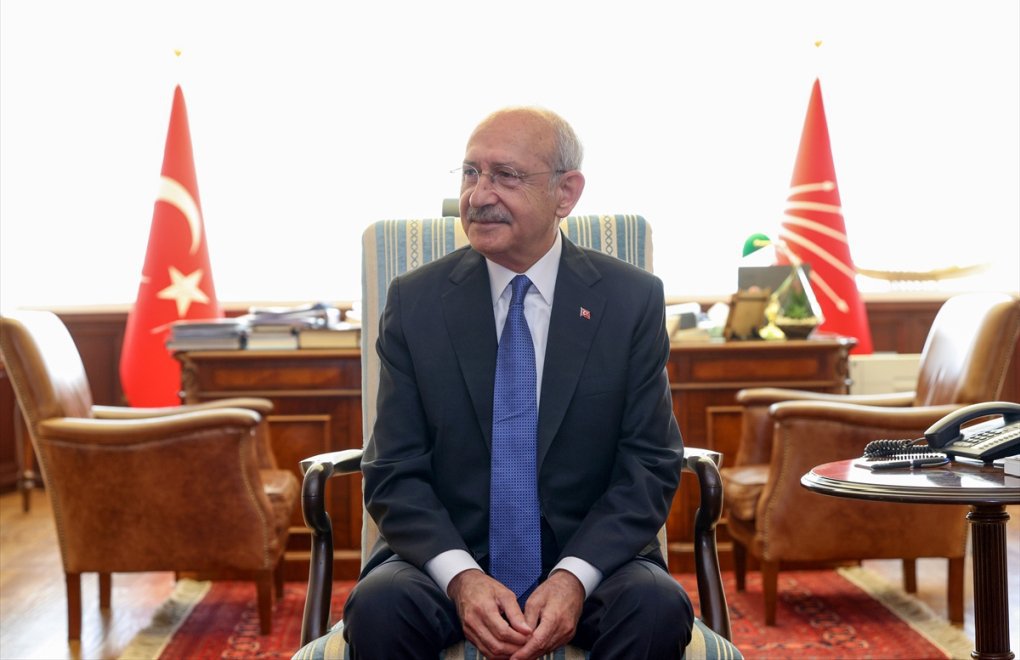
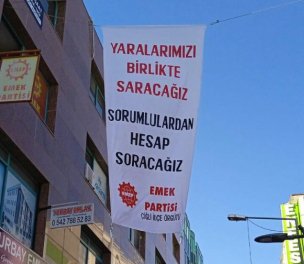
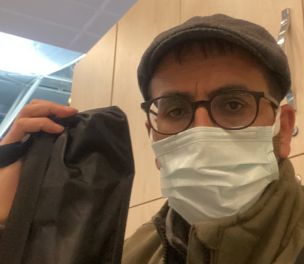

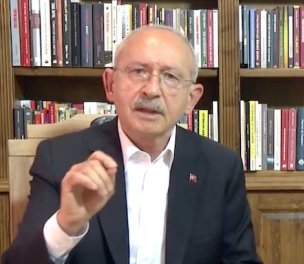

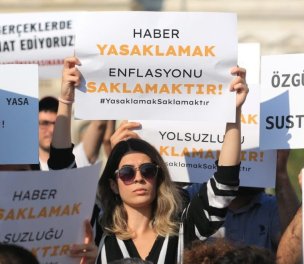
as.jpg)